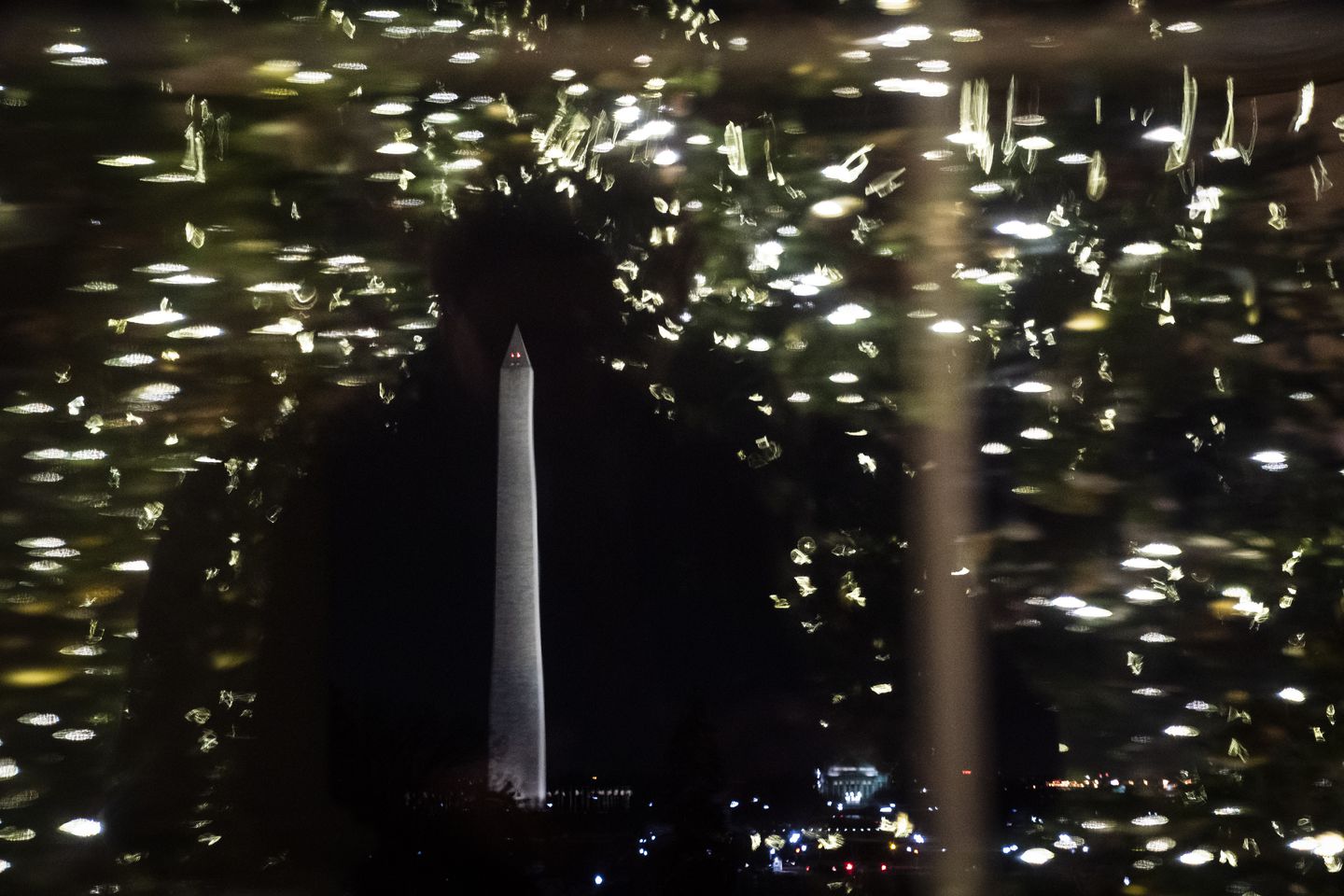How do we escape this bitter impasse? I wrote many columns this year about the political divide that has deepened during Donald Trump’s presidency and the dark days that may lie ahead. We’ll take a big step, forward or back, in the 2020 presidential election, now less than a year away. But whoever wins, a large chunk of the country is likely to keep holding onto its rage. How do we break that?
Strategists sometimes advise that if you can’t solve a problem on its existing template, then enlarge it. So, in the spirit of the holiday season, perhaps readers will think with me about how to expand the discussion of our broken politics to include what we know from our personal and religious lives.
For Christians, the center of faith is the set of admonitions that Jesus preached in his Sermon on the Mount. The language may be familiar, but the transcendent message remains startling every time we read it:
“You have heard that it was said, ‘Eye for eye, and tooth for tooth.’ But I tell you, do not resist an evil person. If anyone slaps you on the right cheek, turn to them the other cheek also. … You have heard that it was said, ‘Love your neighbor and hate your enemy.’ But I tell you, love your enemies and pray for those who persecute you, that you may be children of your Father in heaven.”
That can’t be right, we think. Can Jesus really be telling us to love people who are doing us harm? But that’s what it says.
We know what loving our enemies feels like in our personal lives. Sometimes we’ll be locked in a feud with a friend or a relative — deeply wounded by a wrong that we feel has been done to us. If the feud continues, we’ll eventually back ourselves into a corner, angry and embittered. We learn that in such situations, the only escape is to “love” our persecutor — not because our indignation was wrong, but because it doesn’t get us anywhere.
If we’re lucky, we escape this blockage and reset the terms, not conceding our old grievances but putting them aside. What married couple hasn’t experienced a version of this?
Okay, let’s agree that transcendence is possible in our personal lives. But does it work in politics, when each side’s narrative becomes inflamed and reinforced by partisan politicians and media commentators? And is reconciliation possible — or even desirable — when fundamental matters of principle seem to be at stake?
More and more, I hear people expressing doubt about compromise and reconciliation in the age of Trump. That’s part of what makes his politics so potent and dangerous — it’s not the art of the deal, it turns out, but a fight to the death.
For these no-compromise folks, and there are plenty on both left and right, it’s as if we are already in a civil war. America is locked in a battle between justice and injustice that can be resolved only when the good guys win. Reconciliation comes after the bad guys have been crushed.
Certainly, an uncompromising spirit helped carry the United States through its noblest wars. President Franklin D. Roosevelt demanded “unconditional surrender” from Nazi Germany and Imperial Japan. The Allies won a total victory in 1945 that allowed the winners to create an open, generous, wealth-creating global system whose remnants sustain us to this day.
Abraham Lincoln, our greatest president, also hardened his heart to triumph against evil, even at horrific cost. As he said in his second inaugural address in 1865, if “every drop of blood drawn with the lash shall be paid by another drawn with the sword, as was said three thousand years ago, so still it must be said ‘the judgments of the Lord are true and righteous altogether.’ ”
Thankfully, even amid our current difficulties, America doesn’t feel to me like a country headed toward a second civil war. Turn off the television, go to a ballgame, listen to some music, and the din from Washington fades.
This season, I’d still bet that a version of “love thy neighbor” is a political winner. As angry as people are, few like the state of our politics, and most Americans want a way out.











![clip_image001[7]](https://newsfortomorrow.com/wp-content/uploads/2021/05/1620333326_850_Peloton-Tread-Screen-Falls-Off-Mid-Workout-Peloton-Says-to-Fix-225x125.jpg)



